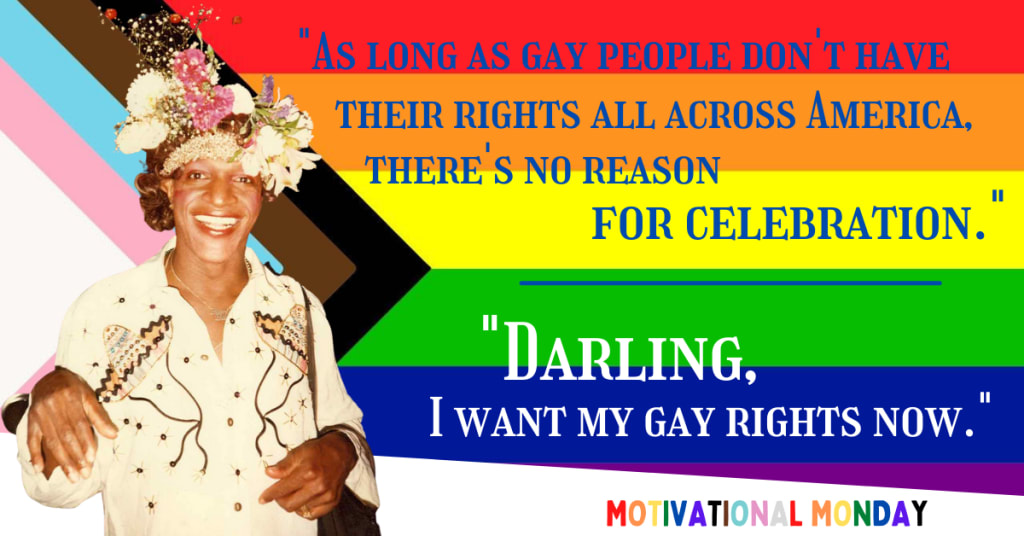
Growing Up and Moving On
Born Malcolm Michaels Jr. on August 24th 1945 to an African American family in New Jersey, Johnson had six siblings growing up and attended an African Methodist Episcopal Church during their childhood. Given their upbringing, Johnson always struggled with their identity as for most of their life they felt they couldn’t be themselves. Johnson first started wearing dresses at the age of five, but it was quickly put a stop to by both their parents and the boys down the road that would bully them for doing so. Their mother once referred to being gay as being “lower than a dog”, prior to knowing and understanding the LGBTQ+ community.
After graduating high school in 1963, Johnson left New Jersey and headed for New York City with nothing but $15 and a bag of clothes. Johnson started out by waiting on tables and living in Greenwich Village, a prime spot for the gay community. To Marsha, drag was a way of expressing themself fully — they could get involved in the nightlife of Christopher Street with other like-minded individuals and fully immerse themself in the LGBTQ+ community. Johnson was also a talented designer, creating all their own costumes and was quickly known as the “drag mother” of the LGBTQ+ community.
MARSHA YOUNG
Their drag name was originally “Black Marsha”, but they later decided Marsha P. Johnson was more suited. The P stood for “pay it no mind”, which was a phrase they used when people commented negatively on their appearance or their life choices. The meaning behind the surname Johnson came from the restaurant Howard Johnson on 42nd Street.
Johnson identified as gay, as a transvestite and as a queen, which was a term referring to street queens or drag queens. It was in a pivotal interview in 1972 where Johnson coined the phrase a Street Transvestite Action Revolutionary, claiming “a transvestite is still like a boy, very manly looking, a feminine boy.” This cleared the air and confirmed they differentiated being transsexual to a transvestite, as a transsexual is someone on hormones or undergoing surgery.
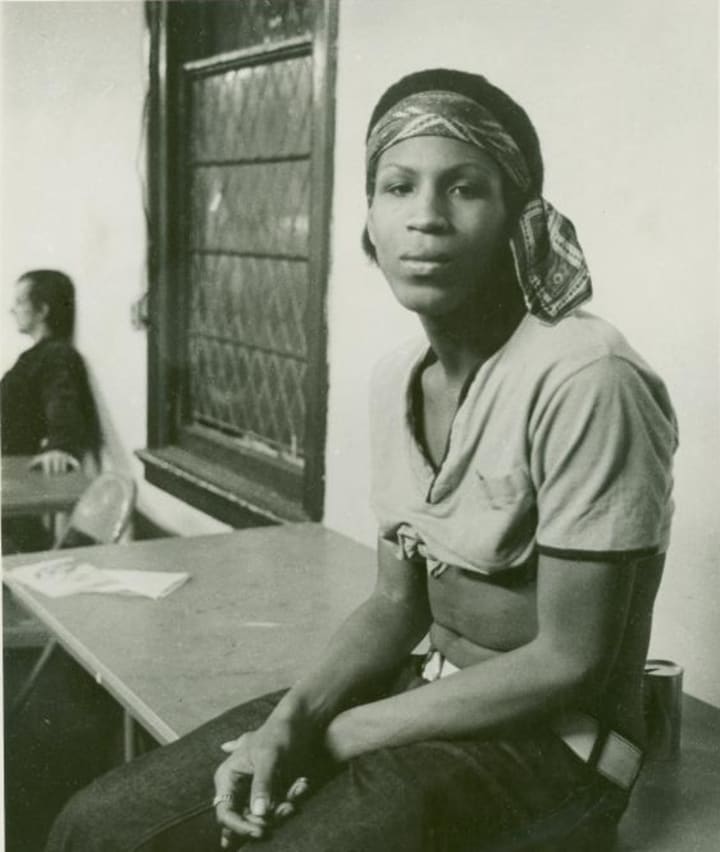
Stonewall
The Stonewall Inn was frequented by Johnson and other drag queens, but it hadn’t always been that way. It had previously only been a bar for gay men, but Johnson and a few others quickly changed that, and it became a drag hotspot in the city. Johnson recalled in an interview shown in their Netflix documentary that when they first arrived at Stonewall, Johnson asked “honey what do you think I’m a boy or a girl?”.
It was on June 28th 1969 that the Stonewall Uprising occurred. There was a police raid at Stonewall in the early hours of the morning, with people from surrounding bars fighting back the police once they started to get violent towards those at Stonewall. There were demonstrations and riots that went on for weeks following the initial raid and the event is now seen as one of the most pivotal in the history of the gay liberation movement.
MARSHA STONEWALL
Johnson, alongside Zazu Nova and Jackie Hormona, are seen as the being “three individuals known to have been in the vanguard” of the push-back against the police in David Carters book Stonewall: The Riots That Sparked The Gay Revolution. Johnson, however, said they arrived at Stonewall at 2:00am and the bar was already on fire. It was reported that the riots started around 1:20am after Stormé DeLarverie fought back arrest by a police officer.
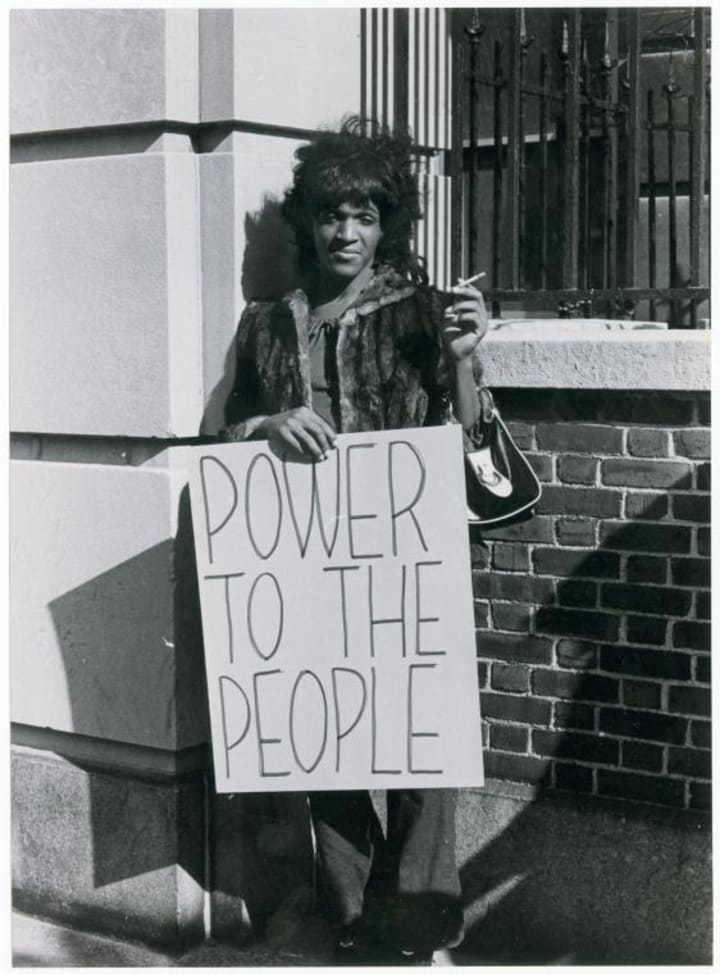
GLF
Following on from the uprising, Johnson joined the Gay Liberation Front and was also active within the GLF Drag Queen Caucus. On the first anniversary of Stonewall in 1970, Johnson marched in the very first Gay Pride rally. Johnson conducted a sit-in in August 1970 which is now seen as one of their most notable actions. The protest took place at Weinstein Hall at New York University and they were accompanied by fellow GLF members after administrators at the University had cancelled a dance, having found out it was being sponsored by gay organisers.
STAR
Johnson and Sylvia Rivera, who had been friends for years, co-founded the Street Transvestite Action Revolutionaries (STAR) organisation. Rivera and Johnson became the forefront of gay liberation marches, but they were also involved in other radical political actions. Sylvia River herself later said, “Marsha and I was the liberators and the street people, and the drag queens were the vanguard of the movement. We were the ones that stood the forefront and fought the cops off, we were the ones that didn’t mind getting our heads bashed in”.
In 1973, pair were banned from participating in the gay pride parade by the gay and lesbian committee as they stated they weren’t going to allow drag queens, in fear that they were giving them a “bad name”. So Johnson and Rivera, alongside other drag queens, marched ahead of the parade.
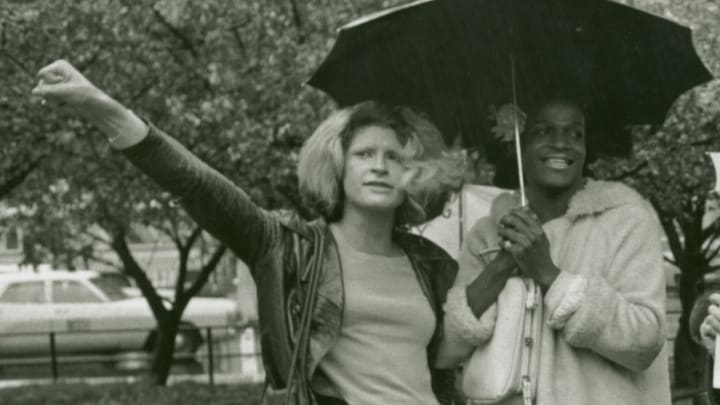
MARSHA AND SYLVIA
In 1972 Rivera and Johnson founded the STAR House which was a safe place where gay and trans street kids could stay, paying the rent for the house with money Rivera and Johnson made themselves. Again, becoming the “drag mother” of the house, especially amongst the Black and Latino LGBTQ+ community. Johnson worked to provide these kids with food, clothes, support and a sense of belonging and security. Throughout the 80s, Johnson continued to play an enormous role in street activism and became an active member of ACT UP, a political movement working to end the AIDS epidemic.
Personal Battles and Death
Though Johnson worked to better the treatment and acceptance of the gay community, they were also battling intense internal turmoil. Johnson had been living on the streets from 1966, engaging in what can only be referred to as survival sex. Johnson had also been arrested in excess of 100 times, though this hardly phased them as they were always standing up for what they believed in. It’s been said Johnson would parade up and down Christopher Street naked, so as to be taken off the streets and treated with the anti psychotic medication chlorpromazine. Although once they were released and the medication wore off they would return to their usual state.
MARSHA STAR
In 1992, not too long after the Pride parade, Johnson’s body was found in the Hudson River. At the time the NYPD ruled it as a suicide, but close friends and family of Johnson thought the death to be suspicious. Though Johnson suffered mental health issues, friends and family assured the police suicide was never something that Johnson would have done, also pointing out they had an enormous head wound. The case has since been re-opened a few times and the ruling has been altered from “suicide” to “undetermined”.
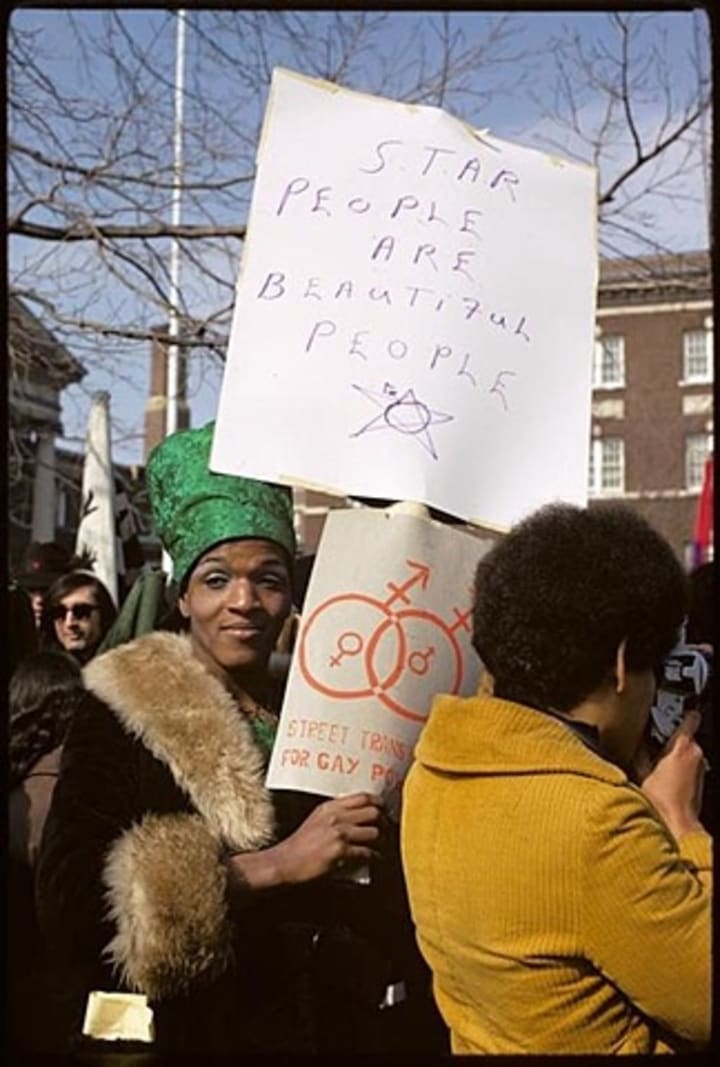
Legacy
Marsha P. Johnson is still to this day seen as one of the greatest and most influential leaders and figures within the LGBTQ+ community and the fight for gay liberation. Marsha’s legacy continues to live on today through organisations such as the Marsha P. Johnson Institute which is in place to “protect and defend the human rights of Black transgender people”. In February 2020 the Mayor of New York renamed the East River State Park in Brooklyn to The Marsha P. Johnson State Park and announced there will be a statue to honour them put up in 2021.
Without Marsha it’s safe to say the gay liberation movement would not have had as big an impact as it did. They showed people it’s okay to be different, you just need to be sure in yourself and happy with the person you are. If anyone else doesn’t like you for you, it doesn’t matter. Marsha’s lessons are still very much prevalent today and we can all continue to fight for what they believed in, because until there is justice for everyone, justice doesn’t exist.
MARSHA LEGACY
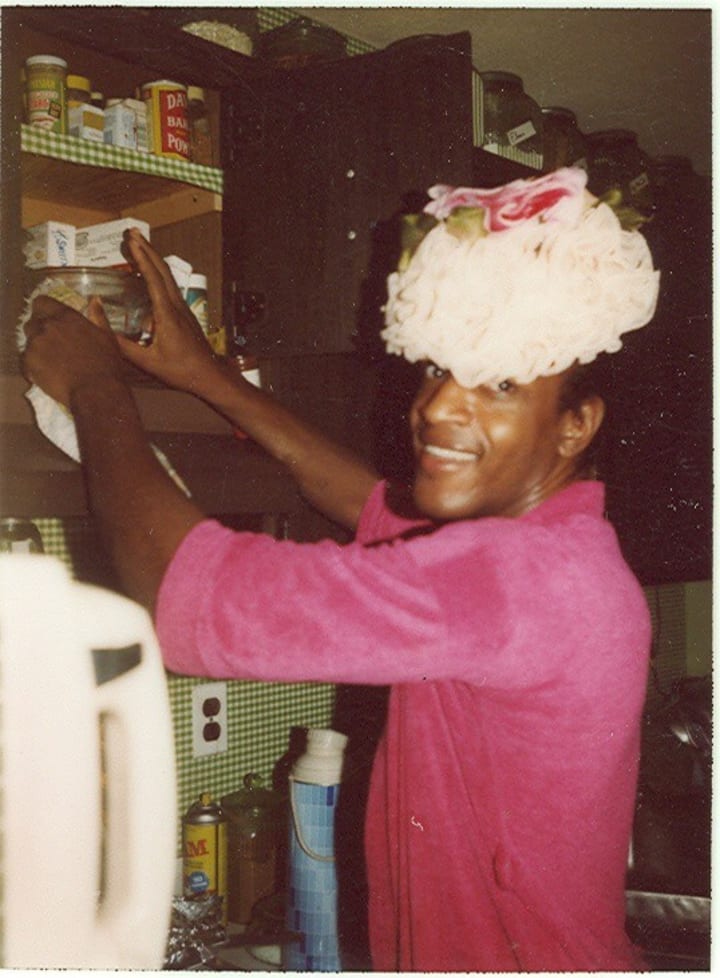
This Pride Month, consider showing your support by donating to charities supporting the fight for equality for the LGBTQ+ community. In many countries around the world it’s still illegal to be gay, and can even lead to the death penalty if discovered. Continue Marsha’s fight and donate, support, sign petitions and take part in the movement! Below is a list of a few charities you can research and donate to in an effort to support positive social change and global acceptance of the LGBTQ+ community.
Kaleidoscope Trust — support the human rights of gay, lesbian, bisexual and transgender people globally
Stonewall — named after the riots, their mission is to empower individuals and change and protect laws
Just Like Us — their mission is to empower young people to be role models at both school and work, educating others on LGBTQ+ stories they have and have experienced
Mind LGBTQ — UK charity Mind has a separate department concentrated on the mental health and wellbeing of those in the LGBTQ+ community
Mermaids — helps transgender children and their families as well as educating others on things such as gender nonconformity and the recognition of gender dysphoria
Writer — Ella-Rose Norridge
Editor/Publisher — Joey Smith

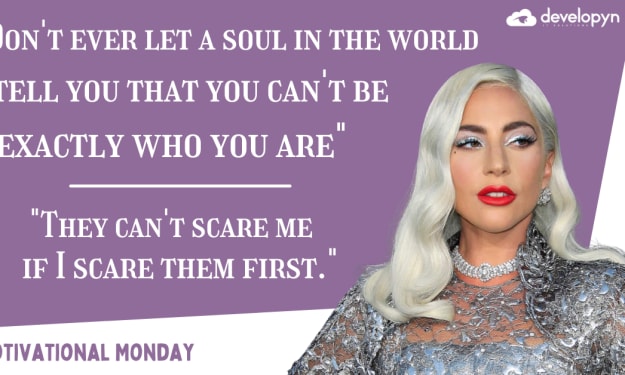



Comments
There are no comments for this story
Be the first to respond and start the conversation.